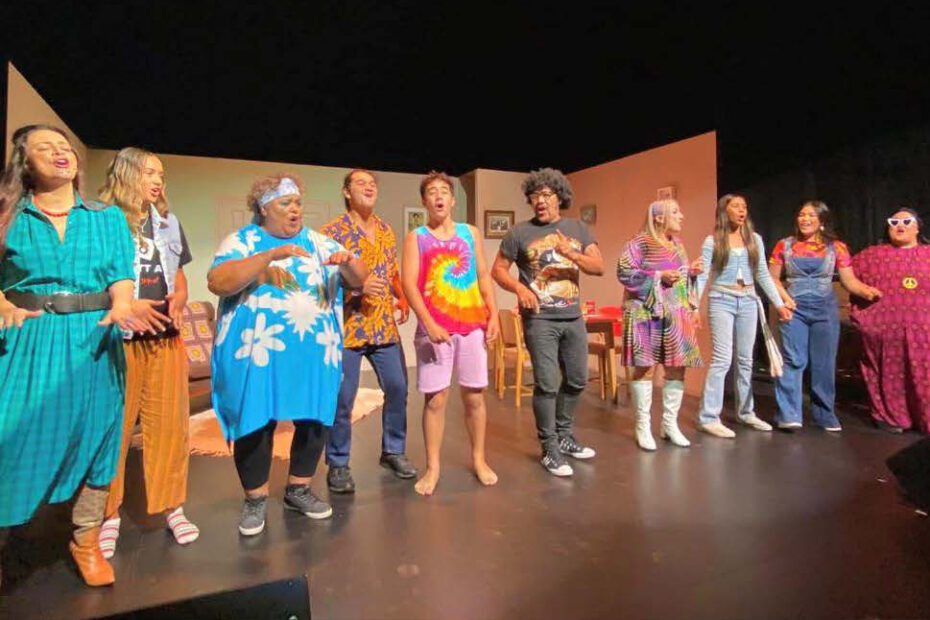Bringing a part of Rotorua’s history to life and igniting a sense of nostalgia, the 8 Scott Ave production is described by the creator as a story for the audience, it recounts the history of our communities and a time when life was simple.
The background of the production is deeply rooted in the experiences of the show’s creator, Jack Grace, who grew up in Scott Ave.
“This show is special and will always have its history as its strength. For us, and other local productions, we need organisations like the Rotorua Trust to continue to support and encourage our productions.”
Set in the late 1960s when Owhata was beginning to develop as a community, Jack recounts the most recent performances of the show at the Sir Howard Morrison Centre, saying that the show’s most significant impact is the reflective reminder of where we came from.
The cast was hand-picked and included seasoned professionals from the music industry and younger Rangatahi, who were given a unique opportunity to grow and be nurtured throughout the production process. Talent quickly recognising the significance of the story they were re-enacting, the audience was packed, and the shows almost sold out. Reviews commented on how attendees were moved, with emotional reactions ranging from tears to laughter, dancing, singing, and self-reflection.
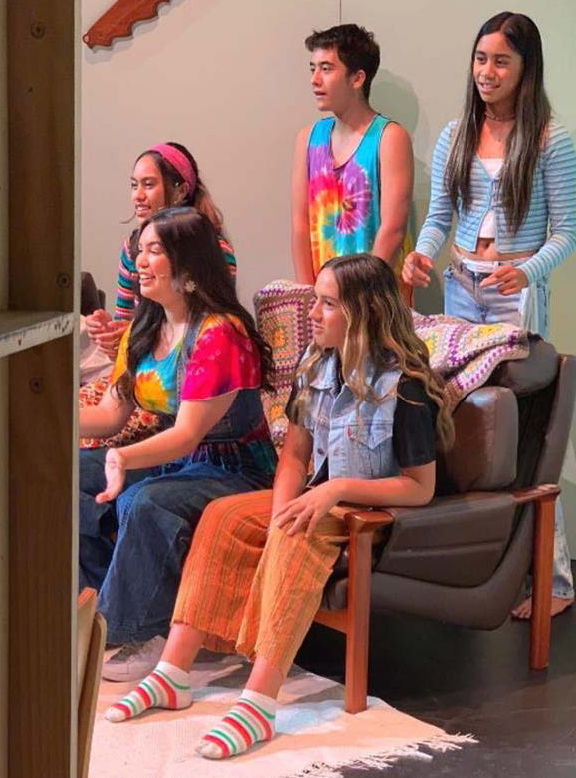
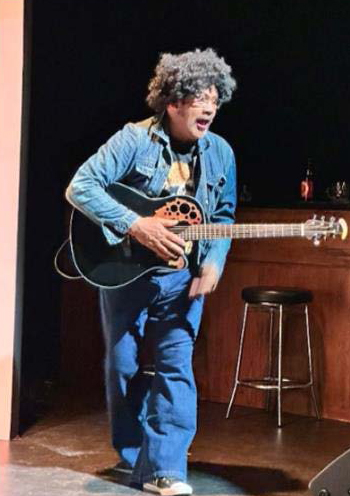
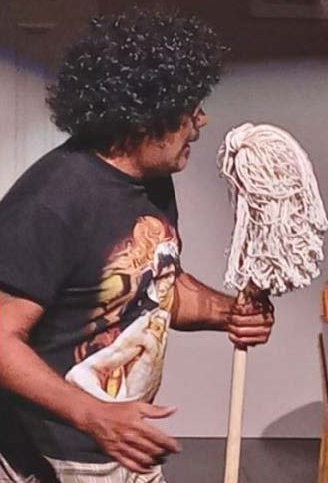
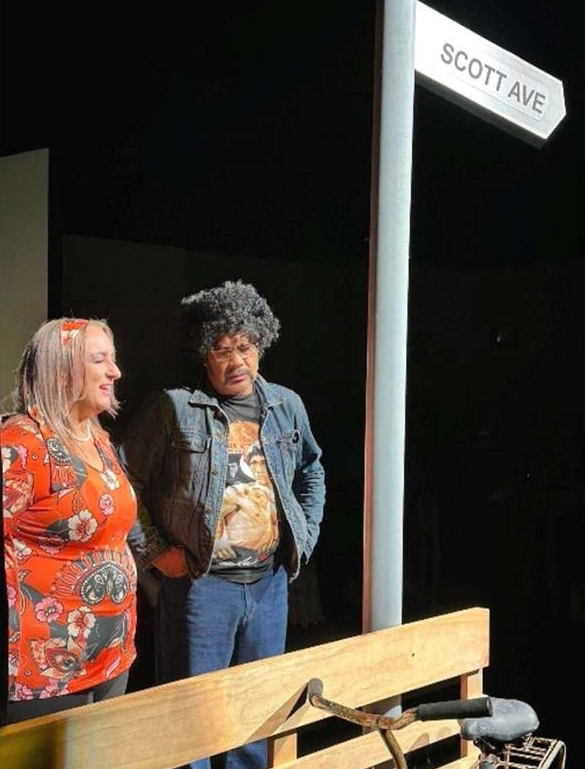
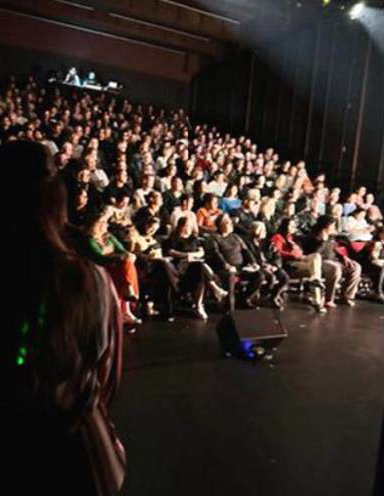
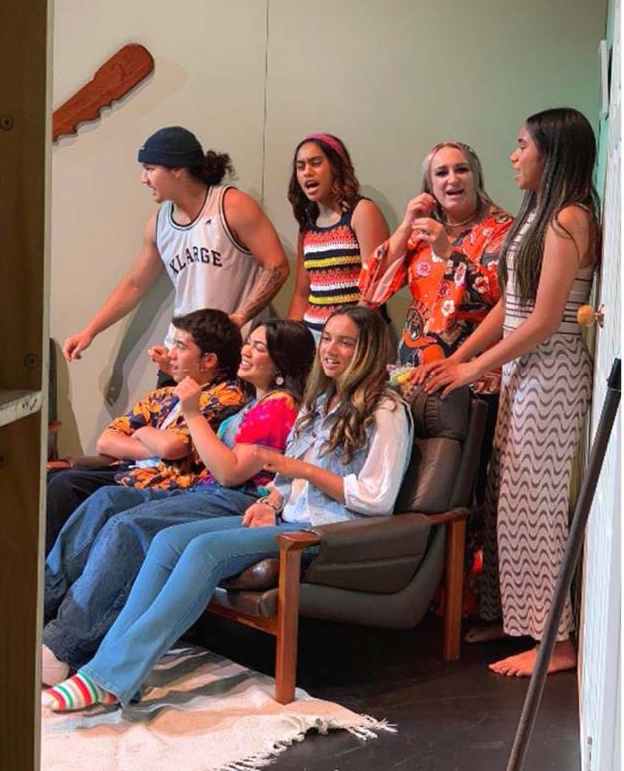
In a production celebrating the history and culture of Scott Ave, the names used in the show were inspired by people living in the street at that point in history, lending an authentic touch to the narrative.
Jack highlighted the significance of delivering a story that Rotorua could relate to: “The true outcome of this show is the moment when people remember who they are and where they come from.”
To run such a production, Jack describes how the team worked together, with many moving parts, each essential to one other. One vital aspect was the operational costs, which were aided by a $9,600 grant from Rotorua Trust.
As for the future aspirations of the 8 Scott Ave production, an audience survey highlighted the potential for the production to reach a wider audience and continue sharing the local history. Whether it expands internationally or remains national, the show’s outcomes highlighted its ability to preserve and communicate the story and history of those it represents and enabling talented rangatahi to perform on a stage.
